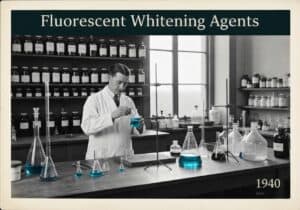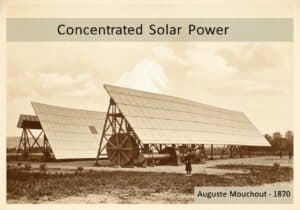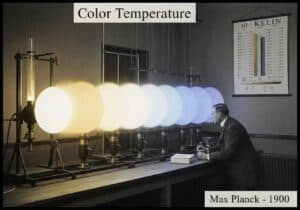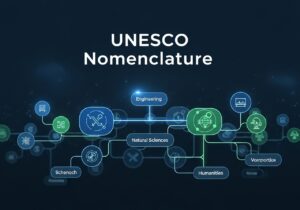R uses lexical scoping, a concept inherited from the Scheme language. This means the values of free variables in a function are resolved by finding them in the environment where the function was defined, not the environment where it is called. This makes function behavior more predictable and independent of the calling context, a key feature for functional programming.
Lexical Scoping in R
- Gerald Jay Sussman
- Guy L. Steele Jr.
Lexical scoping, also known as static scoping, is a fundamental convention for looking up variable names in a Programmiersprache. In R, when a function needs to access a variable that is not defined locally (a “free variable”), it searches for that variable in the environment where the function was created. This “creation environment” is permanently attached to the function. This contrasts with dynamic scoping, used in some older languages, where the search would proceed up the chain of function calls (the “calling environment”).
For example, consider a function `f()` that uses a variable `x` but doesn’t define it. If `f()` is defined in the global environment where `x` is 10, then no matter where `f()` is called from, it will always use `x = 10`. Even if it’s called from another function that has its own local `x = 20`, `f()` will ignore the calling environment’s `x` and use the one from its definition environment. This behavior makes code easier to debug and reason about, as a function’s behavior is determined solely by its own code and the environment in which it was defined.
This feature is crucial for functional programming paradigms, enabling powerful constructs like closures, where a function can “remember” the environment in which it was created. This is heavily utilized in advanced R programming and package development, such as in the `lapply` family of functions and in frameworks like Shiny for web applications.
Typ
Unterbrechung
Verwendung
Vorläufersubstanzen
- The concept of scope in programming languages
- The Lisp programming language and its dialects
- The Scheme programming language, which popularized lexical scoping
- Lambda calculus as a theoretical foundation for functions and scope
Anwendungen
- creation of closures in R for functional programming
- development of package namespaces to avoid variable conflicts
- enabling non-standard evaluation techniques used in packages like dplyr
- building robust and modular code without side effects
Patente:
Mögliche Innovationsideen
!Professionals (100% free) Mitgliedschaft erforderlich
Sie müssen ein Professionals (100% free) Mitglied sein, um auf diesen Inhalt zugreifen zu können.
VERFÜGBAR FÜR NEUE HERAUSFORDERUNGEN
Maschinenbauingenieur, Projekt-, Verfahrenstechnik- oder F&E-Manager
Kurzfristig für eine neue Herausforderung verfügbar.
Kontaktieren Sie mich auf LinkedIn
Integration von Kunststoff-Metall-Elektronik, Design-to-Cost, GMP, Ergonomie, Geräte und Verbrauchsmaterialien in mittleren bis hohen Stückzahlen, Lean Manufacturing, regulierte Branchen, CE und FDA, CAD, Solidworks, Lean Sigma Black Belt, medizinische ISO 13485
Wir suchen einen neuen Sponsor
Ihr Unternehmen oder Ihre Institution beschäftigt sich mit Technik, Wissenschaft oder Forschung?
> Senden Sie uns eine Nachricht <
Erhalten Sie alle neuen Artikel
Kostenlos, kein Spam, E-Mail wird nicht verteilt oder weiterverkauft
oder Sie können eine kostenlose Vollmitgliedschaft erwerben, um auf alle eingeschränkten Inhalte zuzugreifen >Hier<
Verwandte Erfindungen, Innovationen und technische Prinzipien












